Brains Over Bones: The Physiological Effects on Sports Injuries
A group of injured football players walk out onto the field.
Sports injuries are hard enough already and depending on the injury, a player may be out for the rest of the season. Athletes can miss out on scholarships and other opportunities while they are injured.
There is also a side effect of sports injuries that is rarely talked about, the psychological side. A deep rabbit hole, that commonly presents itself through fear, frustration, isolation, guilt and anxiety; but there are many more. This article is going to give the perspective from an athletic trainer, psychology teacher and student who is currently injured.
The main goal in today’s world when rehabilitating someone who has had a traumatic injury is to get them back into playing, but the mental aspect is overlooked. In an article about how the psychological side of injuries is less looked after. “Although modern technology has increased the speed of physiologic recovery, no equivalent inroads have been made in the psychological or psychiatric treatment to facilitate mental health recovery,” (Shuer and Dietrich).
Sara Ibs is an AP Psychology teacher at Orono High School. “I think that physical and mental illness go hand in hand. Both should be focused on and if it was a traumatic injury, then definitely the mental aspect needs to be taken into account. When you play football, if you play tentatively, you are much more likely to get injured than if you play aggressively. A lot of sports are that way. It’s really important that the mental state is there,” Ibs said.
Although the mental aspect of an injury comes heavily once an athlete is going back to their sport, it can also surface right after the injury. In a study done by Giampaolo Santi and Luca Pietranton, they discuss “the negative impact of injury depends only in part on how much time athletes have spent in sport: high performers, who have a stronger athletic identity, experience major feelings of loss and mood disturbance. However, they also have a better reaction to the injury, probably because they have more psychological resources to cope with the situation,” (Santi and Pietrantoni).
Students often think it is going to be an easy recovery from an injury. Most believe that all they need to do is get physically better, but that is almost never the case. A lot of students form something called a “mental block” when they get back to playing.
Michell Goudy is the athletic trainer at Orono High School, he explained that “the biggest struggle is probably learning to trust their body again. Especially where you feel like you have done all this work and rehab but like, you were injured playing your sport the questions are always will it happen again? Will my knee hold up, or like a surgically repaired knee like will it hold up? So, I think just learning to trust that your body is ready for you to play is a big thing,” Goudy said.
Although a mental block can be a very problematic thing when trying to get back into a sport, there are ways to combat a mental block.
“Picturing yourself doing things and doing things successfully and doing it in a way where you’re not getting hurt, but you are achieving or you’re accomplishing because oftentimes what happens is the individual pictures themself going back in and their most recent experience was that injury, which was traumatic on a number of levels. If you’re focused on that injury and if that’s what you’re thinking about when you’re thinking about playing,” Ibs said.
Another thing that will significantly help someone who is combating the mental side of an injury is the players mentality while they are injured.
A doctor specialized in sports medicine wrote that “patients with positive outlooks on recovery tend to have an easier time coping with difficult physical therapy, be more self-determined in their recovery efforts, have a better overall quality of life and experience better moods,” (Talkington).
“I think a student’s mindset plays a significant role. Generally, athletes that are motivated to get back to their sport. See this more as kind of like a little bump in the road, they tend to do better than the athletes that feel like it’s my career over like is my is am I ever going to play a sport again? I think just having been realistic but also having that positive outlook, I think that serves athletes well,” Goudy said.
Trevor Stundahl is a sophomore at Orono High School who recently broke his collarbone. Trevor was supposed to play up on varsity but now cannot because of his injury.
“I think I’ll still be excited to play, I hope so since I’ve never broken a bone. I know it might feel different afterwards. But I’ve talked to people, and they’ve all said it should be fine afterwards,” Stundahl said.
Trevor is keeping a positive mindset with hopes of this all blowing over soon. He has not had any major setbacks with his collarbone so far even though this is the first bone he has ever broken. This positive mindset will hopefully make his recovery process much easier mentally.
Injuries and the injured mental state go hand and hand when it comes to recovery. You must get physically better before you can play but if you are not physically and mentally better you will have more problems in the future.

















































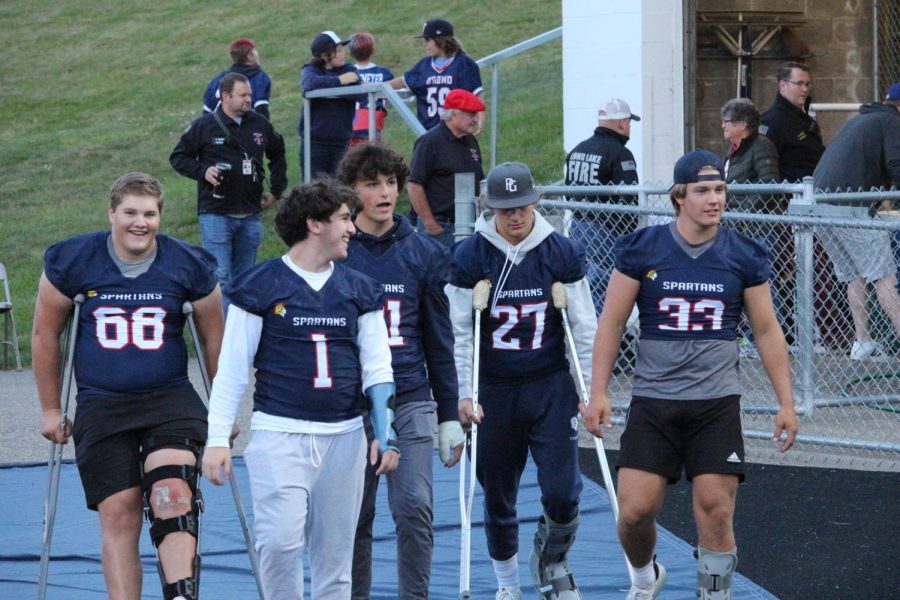
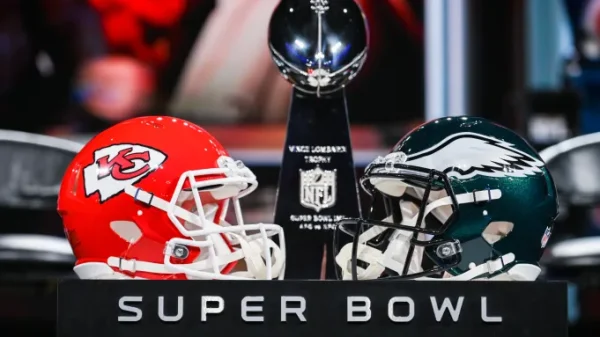
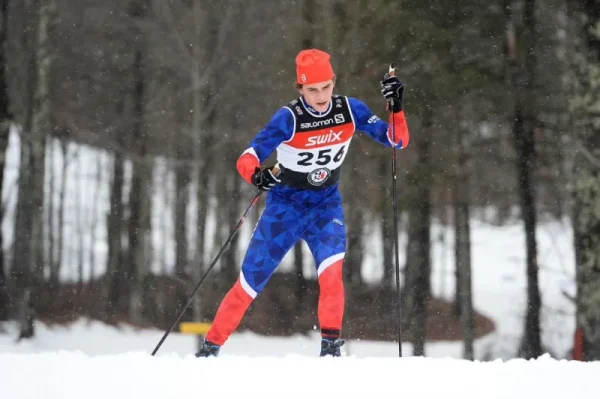

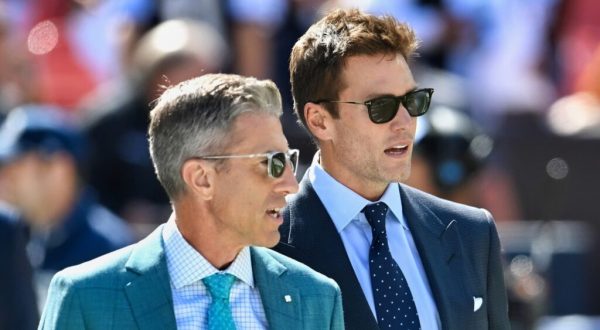
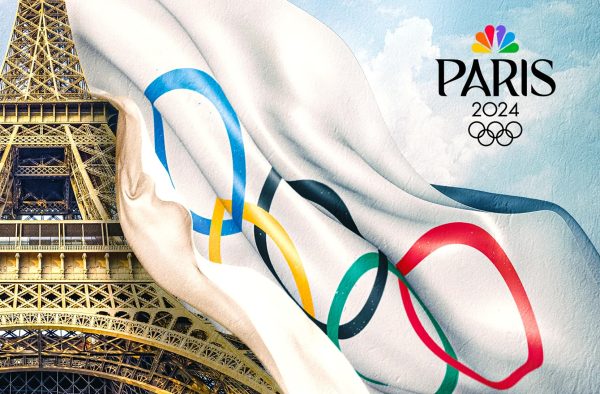
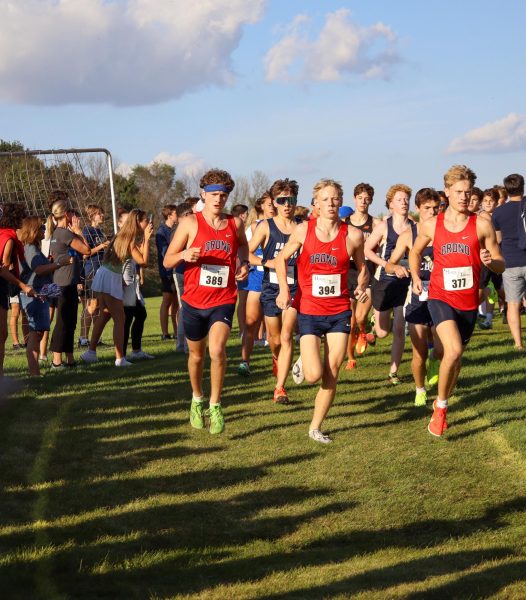
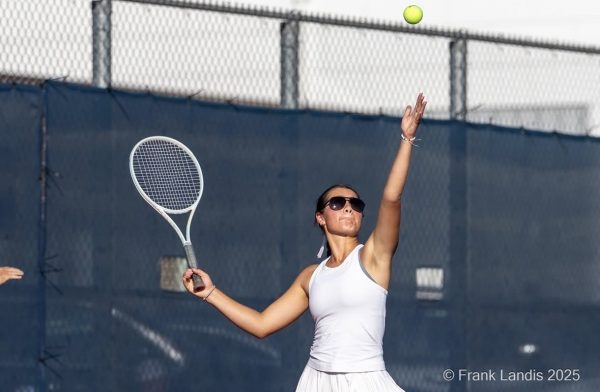
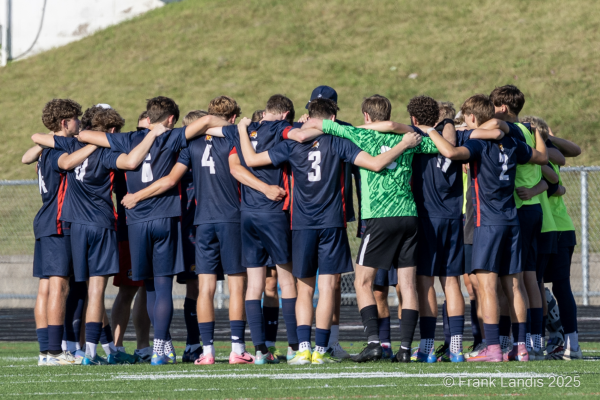
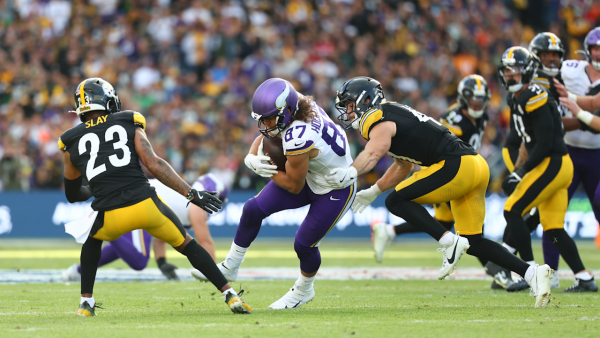
Julie • Feb 20, 2023 at 12:25 pm
Great Job on your article Ella!!
Very interesting and informative!
Todd • Feb 16, 2023 at 2:04 pm
Great article. Easy read.